When you think about criminal convictions, you may think about things like being incarcerated, having to pay fines, or being placed on probation. What you might not realize is that there are sometimes lifelong aftereffects, called “collateral consequences,” when you’re convicted of certain crimes — including those related to drugs.
There are many ways that a drug conviction might make your life more difficult, especially if it is a felony. This means that you’ll be branded as a felon for life. You’ll have to disclose this status on things like job and housing applications. Your status as a felon might also bar you from being able to hold certain volunteer positions if they require you to have a clean criminal record, and it can make it impossible to pass a security clearance or obtain professional licensing in many fields.
When considering a plea bargain, many people don’t realize that their plea counts as a conviction — and that can leave them facing all kinds of unexpected problems down the road. Looking into these consequences, which can include an inability to serve on a jury, get a passport, join the military, or hold a public office, is imperative for anyone who’s facing criminal charges. Some of these consequences have to do specifically with drug-related convictions, including limitations and bans on the ability to receive certain forms of public assistance if you’ve been convicted.
There are more than 1,000 federal collateral consequences for criminal convictions. There are also many more at the state and local levels. This can make it challenging to find out exactly how the conviction might change your life. Discuss these with your attorney so you can understand what’s possible.

